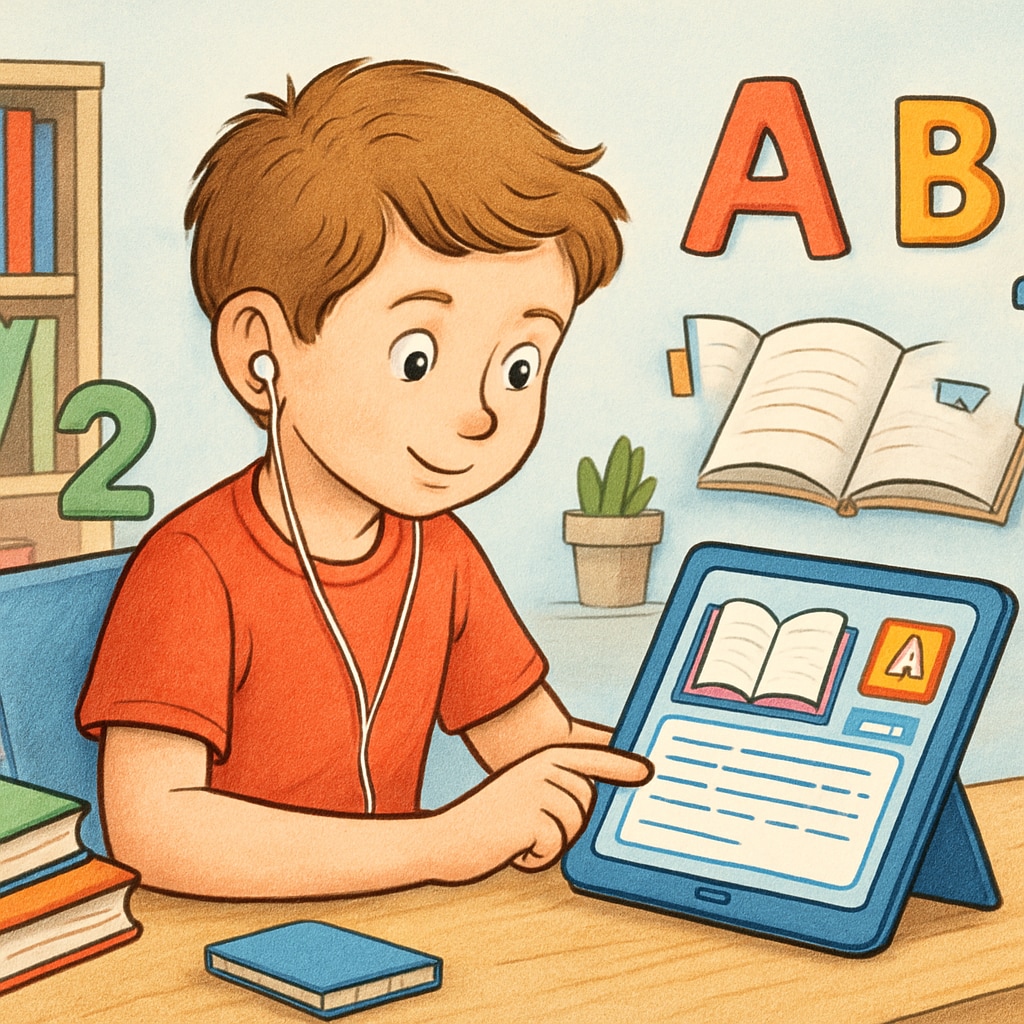Reading comprehension is an essential skill for elementary students, but relying solely on the A.R. (Accelerated Reader) point system can sometimes shift focus away from fostering a true love for reading. While the A.R. system provides structured testing, it often emphasizes scores over enjoyment. This article highlights free alternatives that not only assess comprehension but also inspire students to read for pleasure.
Why Move Beyond the A.R. System?
The A.R. system is widely used in schools to track students’ reading progress by assigning books point values and requiring students to pass quizzes. While this approach offers measurable outcomes, it has limitations. For instance, some children may focus solely on earning points rather than engaging deeply with the material. Others may feel discouraged if their reading choices aren’t included in the system’s library.
In addition, the A.R. program is a paid service, which may not be feasible for all schools or families. This creates a demand for accessible, free tools that emphasize both comprehension and the joy of reading.

Top Free Alternatives to the A.R. System
Here are some excellent free resources and strategies to replace the A.R. system while supporting reading comprehension:
- CommonLit: This platform offers a wide range of texts, from fiction to informational pieces, accompanied by comprehension questions. It is free for educators and includes tools for tracking progress. Learn more at CommonLit.
- ReadWorks: Designed to improve literacy, ReadWorks provides lesson plans, texts, and vocabulary activities. The system is easy to use and aligns with educational standards. Visit ReadWorks for details.
- Project Gutenberg: This digital library offers thousands of free eBooks, including age-appropriate classics for elementary students. While it doesn’t include built-in quizzes, parents and teachers can create their own comprehension questions.
- DIY Strategies: Encourage students to keep a reading journal where they summarize stories, predict endings, and reflect on their favorite parts. Discussion groups or book clubs are also excellent ways to engage children in meaningful conversations about books.
Encouraging Reading for Enjoyment, Not Just Scores
To cultivate a lifelong love for reading, it’s crucial to balance comprehension activities with strategies that make reading enjoyable. Here are some tips for parents and teachers:
- Offer Choice: Allow students to pick their own books, even if they fall outside the curriculum. Personal choice often leads to higher engagement.
- Celebrate Achievements: Recognize students’ efforts, whether they finish a challenging book or explore a new genre, without emphasizing test scores.
- Incorporate Technology: Platforms like Epic! or Libby (for borrowing library eBooks) can make reading interactive and fun.
- Model Reading Behavior: Share your own reading experiences with students to inspire them. Children often imitate adults’ habits.

Conclusion: Building a Lifelong Love for Reading
While the A.R. system has its merits, it’s not the only way to promote reading comprehension in elementary students. By exploring free tools like CommonLit and ReadWorks and adopting creative strategies, teachers and parents can inspire children to see reading as an adventure rather than a chore. Ultimately, the goal is to move beyond points and tests to nurture a genuine, lifelong passion for books.
For more information on reading comprehension strategies, check out this article on Reading Comprehension on Wikipedia.
Readability guidance: This article uses short paragraphs, lists to summarize key points, and transitions to maintain a logical flow. Active voice is prioritized to enhance engagement, and overly complex sentences are avoided.


